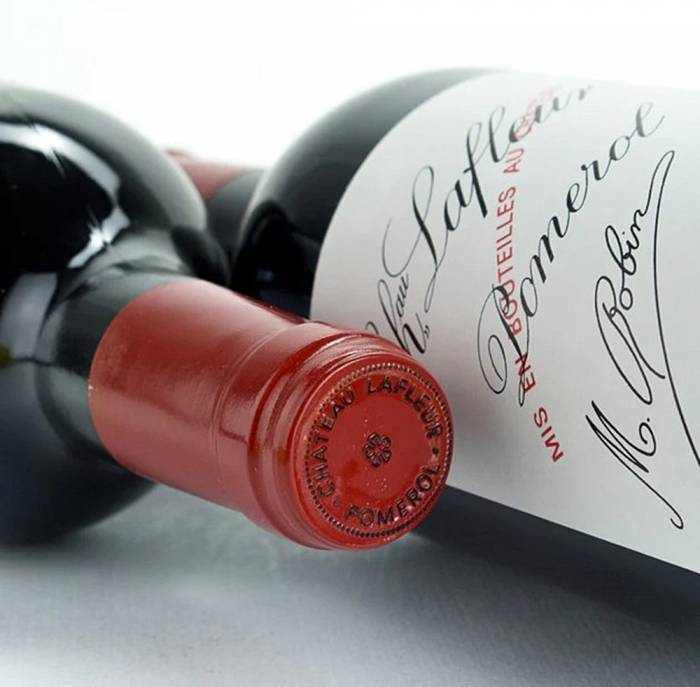Château Lafleur Breaks with Bordeaux Tradition Amid Climate Pressures
Historic estate’s exit from Pomerol AOC ignites debate over appellation rules and the future of French wine regulation
2025-10-07

Château Lafleur’s recent decision to withdraw from the Pomerol AOC and the broader Bordeaux designation starting with its 2025 vintage has sparked intense discussion across the French wine industry. The move, announced last month, marks the first time a major Bordeaux estate has chosen to step outside the region’s strict appellation system. The Guinaudeau family, owners of Château Lafleur, explained their reasons in a conversation with French wine writer Jean-Marc Quarin. They cited the need for greater flexibility in vineyard management as climate change accelerates. Specifically, they want more freedom regarding irrigation, planting density, soil cover, canopy height, and shading—practices currently restricted by appellation rules.
The announcement has raised questions about the future of the appellation system itself. Many Bordeaux producers have long expressed frustration with regulations that they say are too rigid to address new environmental challenges. Colin Hay, a Bordeaux correspondent for db, described the potential impact of Lafleur’s decision as “seismic.” He noted that while most properties feel constrained by current rules, few have dared to leave the system due to the prestige and market value associated with appellation labels like Pomerol and Bordeaux.
By giving up these labels—and even the right to use “Château” on their wines—the Guinaudeau family is taking a significant risk. Their choice forces a public debate about whether the appellation system can adapt quickly enough to help producers respond to climate change. The family’s move highlights specific areas where they believe regulatory change is needed: allowing irrigation during droughts, adjusting planting densities to suit new weather patterns, and modifying canopy management techniques to protect grapes from heat.
Industry observers say this debate is overdue. Many regions in France have already experienced extreme weather events that threaten traditional grape growing methods. Yet changes to appellation rules have been slow and incremental. Some winemakers argue that without faster reforms, more estates may follow Lafleur’s example and opt out of the system altogether.
The Institut National de l’Origine et de la Qualité (INAO), which oversees French appellations, has not yet commented on Lafleur’s withdrawal. However, some local officials in Bordeaux have acknowledged that discussions about regulatory flexibility are underway. They face pressure from both traditionalists who want to preserve regional identity and innovators who argue that adaptation is essential for survival.
For now, Château Lafleur will market its wines without reference to Pomerol or Bordeaux from 2025 onward. The estate’s reputation for quality may help it weather any commercial fallout. But its decision has already prompted other producers to reconsider their own positions within the appellation system. As climate change continues to reshape viticulture in France and beyond, the debate over how much flexibility winemakers need—and how much tradition should be preserved—shows no sign of fading.
Founded in 2007, Vinetur® is a registered trademark of VGSC S.L. with a long history in the wine industry.
VGSC, S.L. with VAT number B70255591 is a spanish company legally registered in the Commercial Register of the city of Santiago de Compostela, with registration number: Bulletin 181, Reference 356049 in Volume 13, Page 107, Section 6, Sheet 45028, Entry 2.
Email: [email protected]
Headquarters and offices located in Vilagarcia de Arousa, Spain.